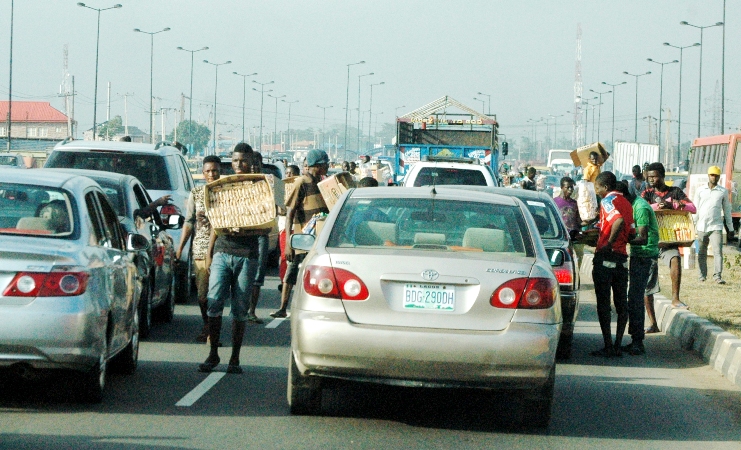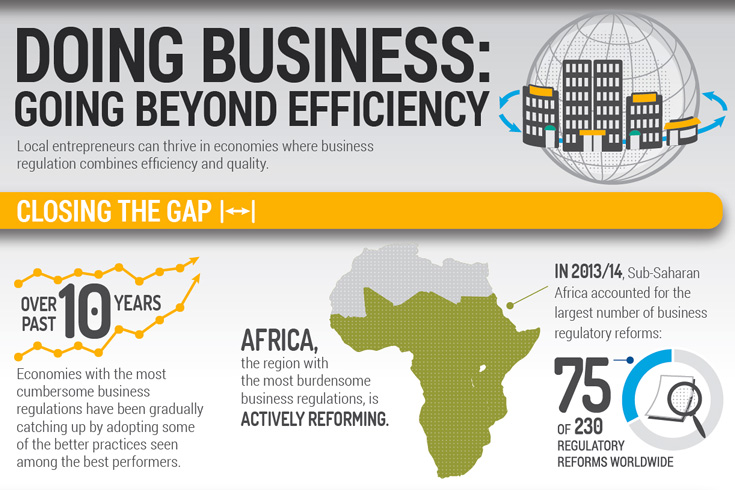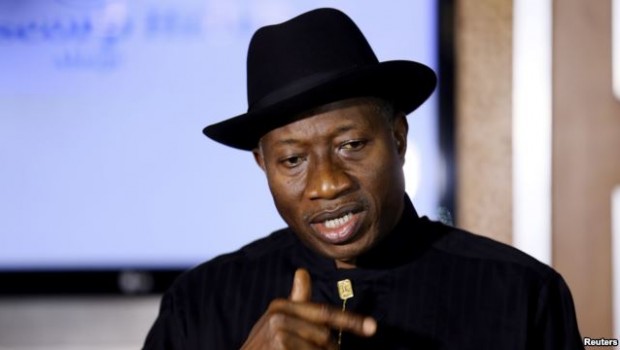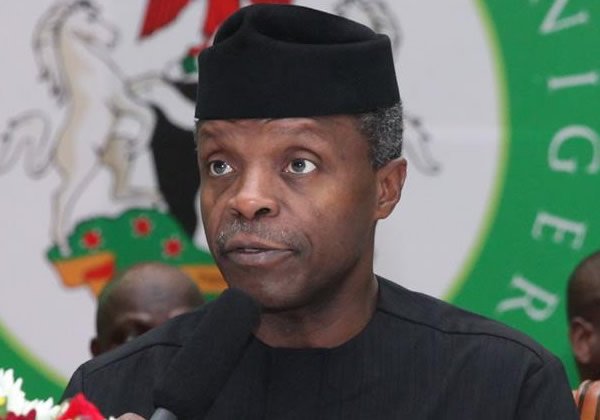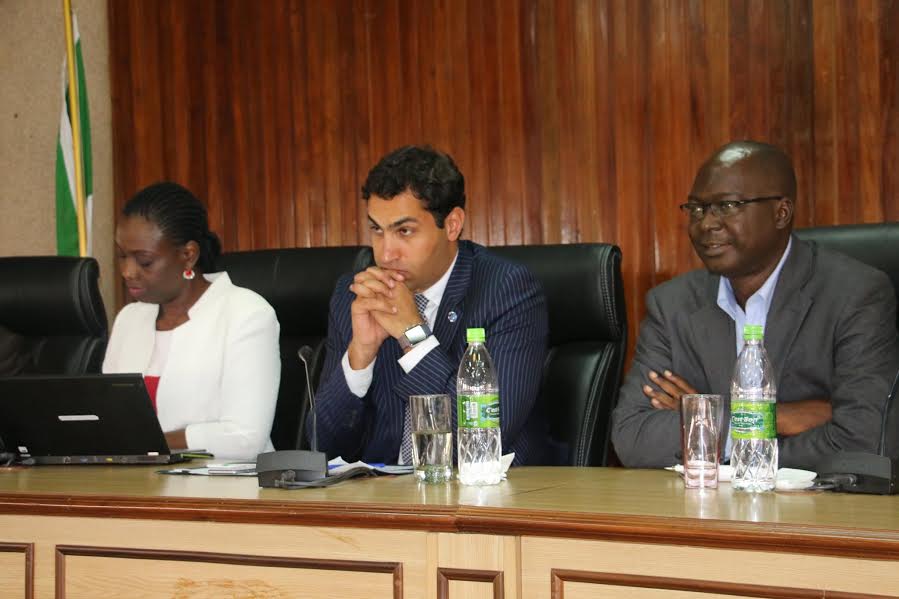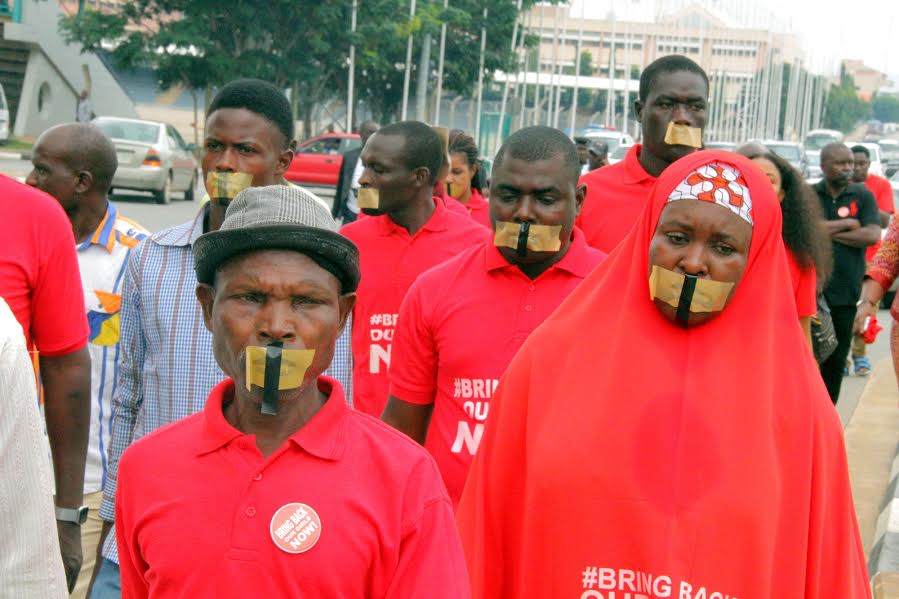BY YINKA OLAITO
Nigeria is a great country with vast and enduring potentials, human and natural resources.
Nigeria is so blessed it has no business with poverty or allied issues. But what obtains today is a pity story of a great nation swallowed by mediocrity.
We all know we are not where we are supposed to be but we are not willing to say push against the challenges we face everyday.
Advertisement
Both leaders and following are guilty of this. The governed do not realise the power the posses and the leaders latch on to ignorance of the populace.
Nigeria also does not have policies. I have not seen one policy document since early 60s that lacks the potential to change Nigeria. The challenge has been and is still that most of these policies are not sustainable not because of their lack of direction and other important factors.
Policy, in its simple definition, is a declared and written document which guides intentions of government or an organisation towards a determined goal. To be achievable, it has to be clear and simple (though there is allowance for technical jargons). It must provide the principles that will guide decision making in achieving set objectives.
Advertisement
A policy must be a product of intensive research which identifies particular problem(s), otherwise it will be difficult to proffer a workable sustainable solution.
Importantly, there must be a framework through which it must operate. We know in every policy there are several interests but an overriding interest must be to build a collective will that will satisfy a majority.
Having a metric that will not be tilted in anyone’s favour but geared towards achievement of set goals is very crucial.
A build up to policy formulation is also a need to identify all the stakeholders involved. An attempt must be made to ensure the majority is carried along. In no way does this suggest totality of the population but influencers and decision makers who will add value must be co-opted.
Advertisement
Also essential is communication. Nothing is ever successful without effective communication.
A major factor also is the support system that are required. These may be human and financial resources and how each will be supplied at whatever quality and quantity required. And the implementation and political will to see them through to the end cannot be over-emphasised.
Looking at some of the policies in place in Nigeria, can we say many of these policies are well thought out before their launch? Take the Agriculture policy and a continuous cry from government for everyone to return to the farm.
Some state governments have also gone ahead to declare a day off for civil servants to farm.
Advertisement
A week or so ago, the respected Simon Kolawole wrote and insightful article on this ,so there is no need to go over what he said. What is the foundation of that policy? What are the metrics that will guide outcomes and performance?
No one can tell exactly but at least it suits a lazy mind who does not want to work for the money earned at he end of the month. So everyone kept quiet.
Advertisement
The governed should have asked hard questions, revolted so the governor can stop with such a policy. But it appears no one is thinking. Another issue is the Central Bank of Nigeria policy blocking several windows of forex inflow. Good intention but bad timing, I stand to be corrected.
Also, we woke up a to the fact that Governor Ajumobi of Oyo state has approved creation of new local government development areas. While he may have good intentions as Oyo seem large, is this sustainable in a state that cannot not pay salaries of workers in the existing over 30 local governments.
Advertisement
A look at Lagos state ban on street hawkers also comes to the radar. The menace of street hawkers stares at everyone’s face. This is a problem we face daily. But they are not only on the streets or major intra-city roads. We find hawkers on major Nigeria highways: Lagos – Ibadan, Benin – Ore, Kaduna, Kano and even in Okenne, Lokoja and Abuja. Anyone who had travelled by road will see them all over. That is an indication of a major societal ill. Where are the jobs? Check the hawkers on major highways, these guys can do 100 metre dash in few seconds. One needs to think about this waste.
The ban has not stopped hawking. The hawkers had become so bold, they hide harmful weapons (not necessarily gun) to fight task force agents.
Let us not forget ban on popular commercial motor cycle riders (Okada) on Lagos major roads which other states had copied. Has it been fully enforced? Everyday on Ikorodu road in Lagos one will not look to far before seeing these motor cycle riders riding on a wrong way.
Advertisement
At the federal level, let us take a look at education policy (Basic Education Curriculum) spearheaded by Nigeria Education Research Development Council. The process began in 1998 through Universal Basic Education and associated requirements. There had been two revisions of the policy and just few week ago it was relaunched with fun fare. Going through the implementation process, we have seen a lot of difficulties which may not allow full achievement of the set goals.
We can go on and on but where does all these lead us? A fundamental issue must be addressed and that must be now if we are really set for fora change. Policy without human face as well as determination to push through will lead us to nowhere. Even if we had vision 5050, when that time arrives, we may still be in the same spot. It is time to think and act.
Olaito is a communication and media practitioner
Views expressed by contributors are strictly personal and not of TheCable.
Add a comment
